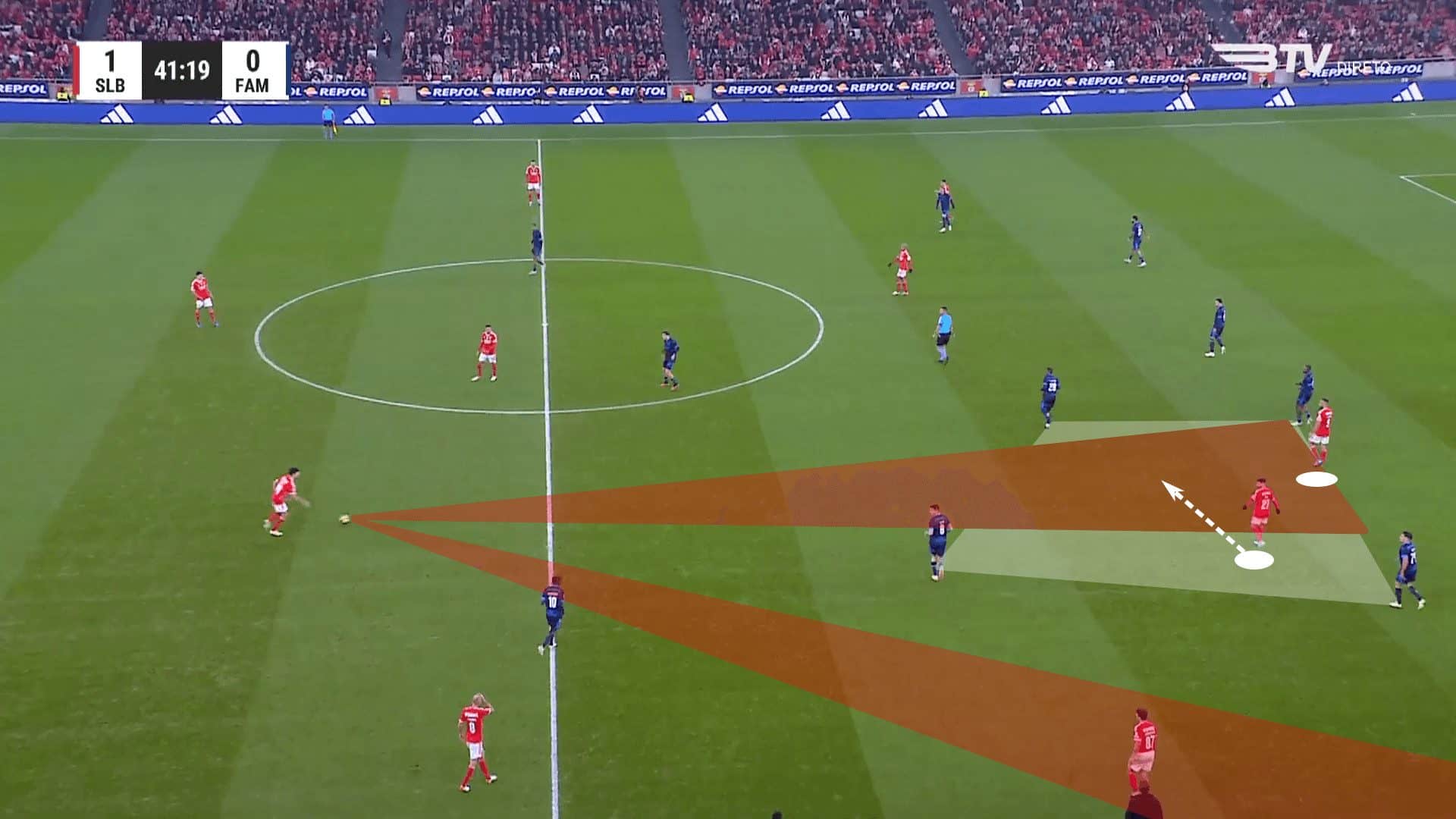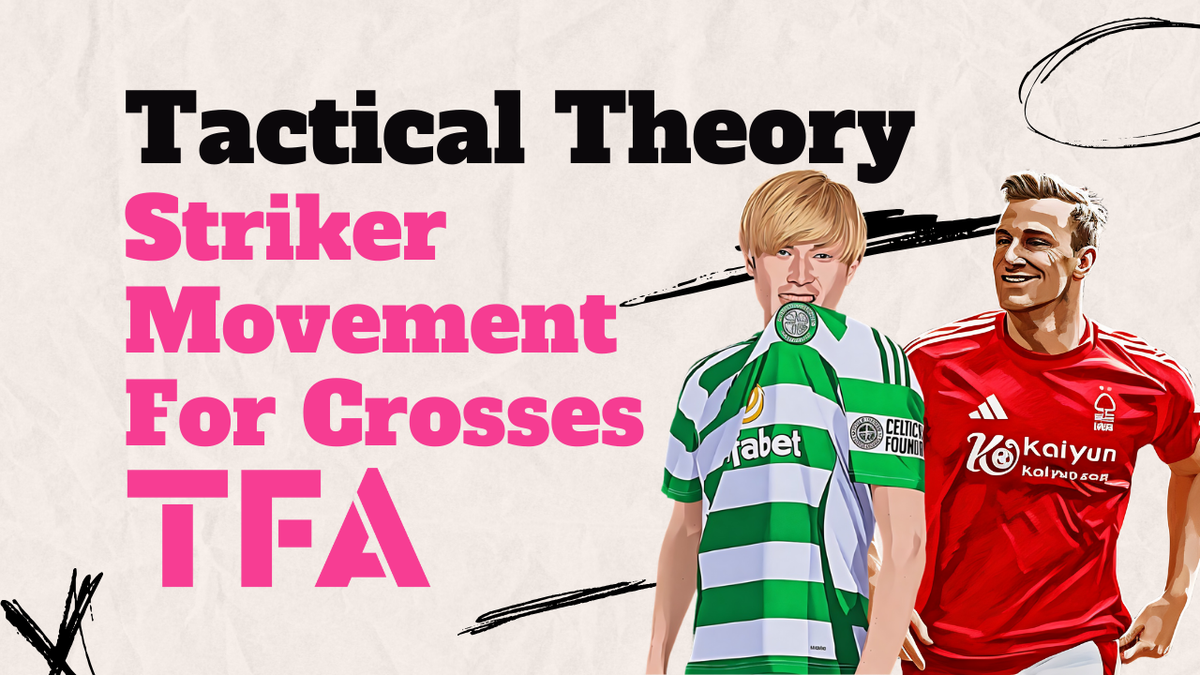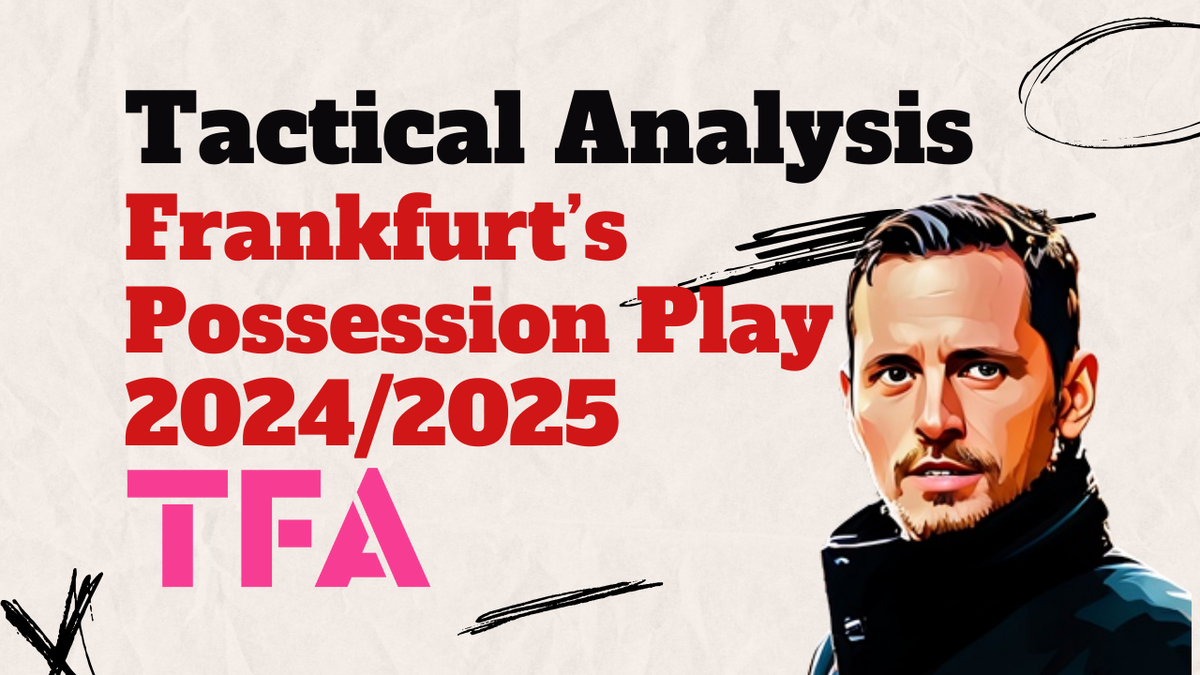The Premier League has partially banned the advertising of betting brands.
In a few years, the logos of gambling companies will no longer show on the chests of Premier League players.
8 teams will lose their title sponsor.
This is not a requirement of the new law or the FA.
18 of the 20 clubs voted to refuse to advertise betting companies voluntarily.
Thankfully this legislation only applies to UK and does not apply to soccer betting in South Africa.
Why Did Premier League Ban Betting Sponsors?
While sports betting is on the rise everywhere in the world, with tons of entrepreneurs researching how to make a betting website, the UK government is to change the gambling legislation and limit betting advertising during sports broadcasts.
In this regard, the Premier League issued a collective statement, saying its clubs refuse betting advertising.
This decision will lead to losing a substantial part of commercial income.
According to estimates, the betting title sponsorship brought in 68 million euros yearly.
But now when the government is to amend the legislation, the Premier League attempts to reach a compromise by taking proactive measures.
If the Premier League clubs agree with regulators, they can limit themselves only to a few minor restrictive measures.
Along with that, no changes apply to lower leagues, since this will cause financial troubles for most teams.
What Is Banned?
Starting from the 2026/27 season, Premier League clubs are prohibited from placing logos and names of gambling companies on the front of the sportsman outfit.
Yet, sleeves, shorts, stadium facilities, and the Internet remain free from this ban.
Looks like the clubs are not losing much.
Currently, 8 teams have title sponsors from gambling.
None of them is in Top-6: Bournemouth, Brentford, Everton, Fulham, Leeds, Newcastle, Southampton, West Ham earn 68 million euros yearly.
West Ham has the largest publicly known contract with Betway, 12.5 million euros per year.
In the clubs’ revenue structure, it’s less than 7%.
Who Is Prying On British Gambling?
The public, first of all.
According to the YouGov survey, 65% of adults and 54% of children surveyed believe gambling companies should not sponsor sports events or teams.
The Royal Society for Public Health (RSPH) reported that 14% of the British population supports a complete ban on all advertising of gambling companies.
Lord Don Foster, Chairman of Peers for Gambling Reform, stressed the need for prohibitive measures.
Other active lobbyists are The Big Setup and Clean Up Gambling organizations, representing associations of experts and former problem gamblers.
The Big Step advocates a complete ban.
The head of Clean Up Gambling, Matt Zarb-Cousin, sees the problem in the lack of leverage on the main advertisers – Asian online betting companies.
Indeed, of all the title gambling sponsors of the Premier League clubs, only Betway and Hollywoodbets have a valid UKGC license.
To some extent, it can be considered an advertisement for illegal operators.
But the law does not prohibit this.
What worries the Department for Digital, Culture, Media and Sport (DCMS) is the protection of children and other vulnerable groups.
Will Premier League Clubs Lose All Profit?
Given the huge TV contracts and total profitability, the clubs lose a bare minimum.
Plus, the ban itself seems kind of odd: if you want to fight gambling addiction, removing a W88 logo from the athlete’s chest is ineffective when half the stadium, sleeves, and the whole Internet keep on advertising it non-stop.
The supporters of the new law think the same.
James Grimes, who arranged the Big Step campaign, stated that moving logos to another part of the uniform, with advertisements displayed everywhere on the field, and league sponsorship look inconsistent.
How Do Other Football Clubs In Survive?
The British government has not yet decided on the legislation.
And there is something to think about since the British have examples from Spain and Italy.
Despite the restrictions there, industry revenues have risen.
When the ban was introduced in 2019, the Italian market volume increased by approximately 300 million euros, while in Spain the growth of the online segment alone in 2022 amounted to 18%.
Countries With Restrictions:
Italy
After the ban, Italian clubs switched to crypto exchanges and NFTs.
Almost all first- and second-tier Italian clubs have signed contracts with crypto exchanges and blockchain platforms.
Bologna, Juventus, Inter, Lazio, Milan, Napoli, Novara, and Roma have even released NFTs for fans.
Spain
Since the 2021/22 season, Spain also forbade betting ads on T-shirts.
Unlike in England, the restraint was sharp.
41 of the 42 first- and second-tier clubs were affected.
10 teams lost their title sponsors.
La Liga’s president Javier Tebas estimated losses at 90 million euros yearly.
The clubs urgently looked for new sponsors and switched to crypto exchanges.
There are still loopholes in Spain and Italy.
The clubs can advertise sports betting in other countries like Asia or America.
Countries Without Restrictions
Belgium
Discussions are still underway.
The Minister of Justice Vincent Van Quickenborne opposed the advertising of bets.
France
There are no bans in France.
The title sponsors of Troyes and Montpellier are betting companies.
Germany
There are no restrictions in Germany either.
In 2020 due to COVID-19, the rules were even simplified.
However, no Bundesliga club has a betting provider as a title sponsor.
Even more than that, fan organizations advocate the abolition of betting ads.
Netherlands
Here, a ban is planned from 2025.
Nevertheless, the football federation resists and explains that betting sponsorship brings 40 to 70 million euros annually.
Scotland
Unlike the English Premier League, there are no restrictions yet.
The title sponsors of Celtic, Rangers, and Dundee United are betting companies.
And the league does not want to eat away the largest income sources for the clubs.
USA
There is an influx of betting advertising.
In America, sports betting was legally prohibited in most states until 1992.
Betting was allowed only in Las Vegas or through non-American betting providers.
The grey market has grown to a turnover of 150 billion dollars.
And in 2018, betting was legalized.
Betting companies sponsor MLB, NASCAR, NHL, NFL, and NBA teams.
While Europe is tightening regulation, the United States is looking for benefits and a new source of income to strengthen the power of the North American leagues.





Comments